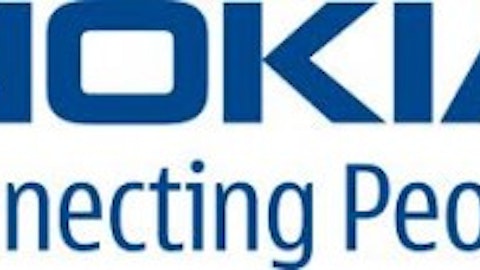
“Dear Fellow Transocean Shareholders:
Over the past several weeks Transocean LTD (NYSE:RIG) has repeatedly made statements that we do not believe reflect the facts. They have repeatedly stated that the Company outperformed its peer group and when they finally acknowledged the truth, they appeared to blame a third party service provider and created a new peer group in a thinly veiled attempt to still show outperformance. What is most concerning to us is not the error, but that this Board, and especially Michael Talbert, who have overseen the destruction of at least $11 billion of shareholder value, may actually have believed that they had outperformed their peer group. Where have they been this past decade? It is the Board’s duty to hold management accountable and not blindly accept whatever narrative management espouses.
A number of their statements show a shameless inability to accept responsibility for past failures and mistakes. We believe these statements are emblematic of a management and Board that despite having overseen substantial failures that have led to the destruction of at least $11 billion of shareholder value in the past few years, have completely failed to accept responsibility for their errors. We believe that the Board, and particularly Mike Talbert, realize their jobs may be at risk and are desperately trying to hang on. Last week, with ISS recommending FOR our nominees, Jose Maria Alapont and Samuel Merksamer, and AGAINST Mike Talbert and Robert Sprague, the pressure on the Board has further increased. However, the full Board unfortunately still has not explained to shareholders why they are continuing to support directors who were responsible for so much destruction of shareholder value. Two weeks ago a central theme of the Transocean narrative for the reelection of directors were pre-Macondo shareholder returns; today, those returns are mentioned nowhere in the 70 page presentation distributed by the Company on April 25.
Transocean LTD (NYSE:RIG) claims that the Icahn nominees “generally lack financial and corporate structuring experience” yet the opposite is true. Mr. Lipinski and Mr. Merksamer recently structured and executed a $690 million IPO of CVR Refining, L.P., the largest refining focused Variable MLP. Mr. Lipinski also structured and launched UAN two years ago, the first fertilizer based Variable MLP. These MLPs were developed to provide maximum return of capital to shareholders.Transocean claims that the Icahn nominees have rarely worked in capital intensive industries, yet Mr. Lipinski has spent his entire career in the refining industry and Mr. Alapont has spent his entire career running automotive and industrial businesses.
Transocean LTD (NYSE:RIG) claims that the Icahn nominees have “little apparent experience with complex international tax treaties and networks,” but they fail to explain that Mike Talbert was CEO of the Company at the time of the events related to the Norwegian tax controversy.
Transocean claims their recent actions represent “high-return investments” yet the analyst community has suggested their new build drill ships represent returns of 10.7% to 12%, which is below the Company’s cost of equity.
Transocean has claimed that the Global Santa Fe acquisition provided an “unrivalled platform for investment” despite the fact that from 2007 to 2011 the Company dedicated most of its capital to repayment of debt and in our view underinvested relative to its peers.
Recently Transocean LTD (NYSE:RIG)’s Board claimed that the Board has “actively implemented a high-specification-focused strategy”, but they fail to explain that they created, in our view, a fleet age problem by implementing a “low spec” strategy in 2007 with the transformative Global Santa Fe acquisition.
Transocean LTD (NYSE:RIG)’s Board claims that “a lack of investment in high-return assets would compromise the company’s long term viability,” but they fail to explain that this Board, in our view, underinvested relative to the entire industry from 2005 to 2013.”Continue reading on the next page: (Cont.) “Transocean’s Board claimed that they authorized the post-Aker share issuance “in order to ensure financial flexibility,” but they fail to explain that the Company issued stock at near the eight-year low, or that less than 30 days before the issuance, they stated, in response to a question about the prudence of the acquisition in the context of dividend payments and debt maturities: “We have, even after the acquisition of the shares of Aker Drilling, we have significant cash on the balance sheet, and we continue to be cash flow positive, significantly at the operating level. So we’re not in a situation where this is causing us undue concern.”





